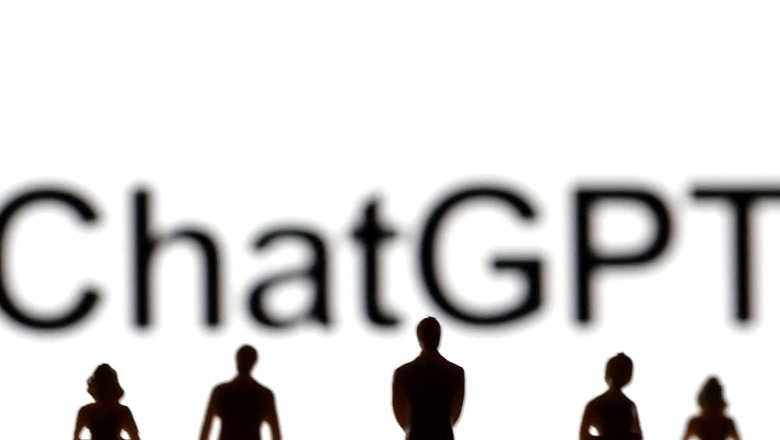
views
India’s apex medical research institution – Indian Council of Medical Research (ICMR) – is busy understanding the impact of AI-run applications like ChatGPT on health research and is already forming “ethical guidelines” for its use.
“For Chat GPT and AI, we are yet to fully understand the ethical implications as and when we start using them more. The whole perspective, so far, is not very clear to us,” a government official told News18. “We are already preparing ethical guidelines for the use of AI in health research.”
The official hinted at a meeting of the committee of ethical members to discuss ChatGPT as well. “We have adopted a wait-and-watch policy as we wanted to understand its implications other than plagiarism (of scientific writing and studies),” the official said.
ChatGPT, which was released in November last year, has sparked wide interest in the technology called generative artificial intelligence. It is used to produce answers mimicking human conversations.
Created by Microsoft-backed OpenAI, ChatGPT has been trained on enormous volumes of data making it competent in producing, summarising and translating text along with responding to inquiries and carrying out several other natural language tasks.
Testing shows ChatGPT performing well, correcting itself
The team of officers have conducted a small test over ChatGPT to understand its immediate implications. “We have done some testing and found that it is writing excellent stuff (in terms of writing research papers),” the official said.
The official added: “While not everything is correct, the algorithm asks us to rectify incorrect information as well. All this is going into its database. It means that the programme is collecting the correct information and, one day, it will start throwing accurate results too.”
The official further said these tools could help people in a significant way but there was a need to be more conscious and alert. The breakthrough technology is expected to immediately impact medical writing and documentation processes.
While it is likely to ease and help healthcare professionals to write clinical notes by providing real-time suggestions and corrections, creating virtual assistants and handling recruitments for clinical trials, ICMR believes that, at present, it should only be deployed in “low-risk” areas.
The official said, “We can deploy it in areas with low risk and must replicate it with human intervention.”
Read all the Latest India News here




















Comments
0 comment